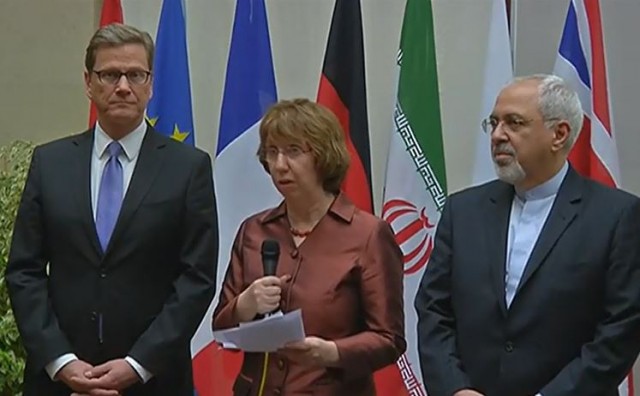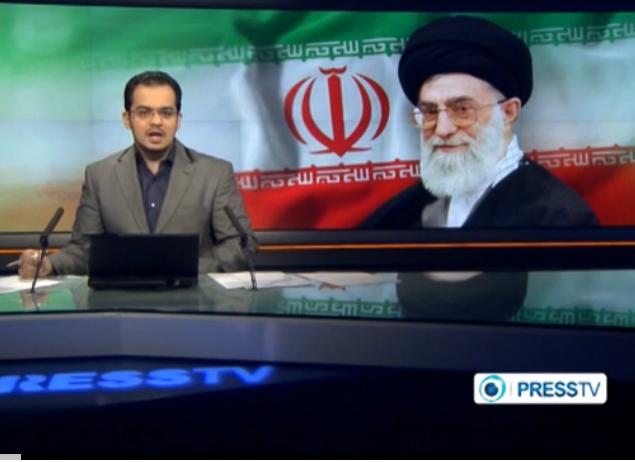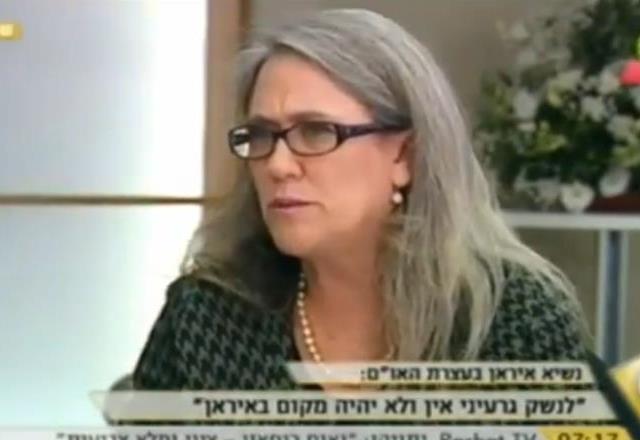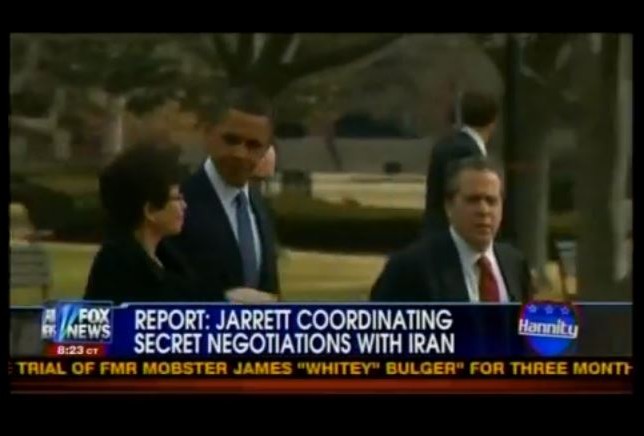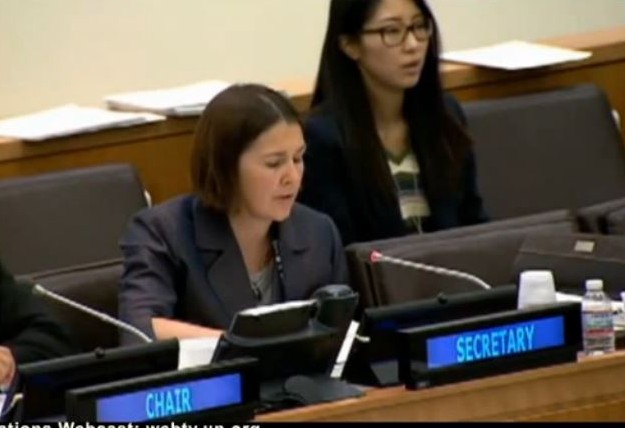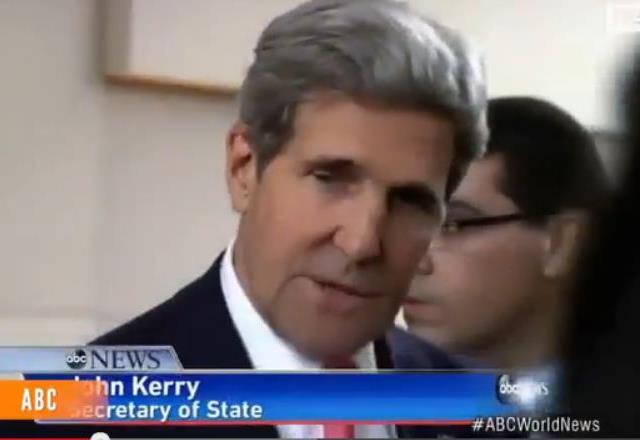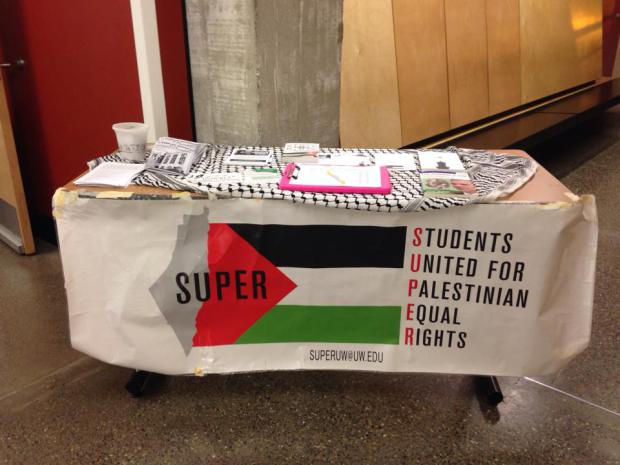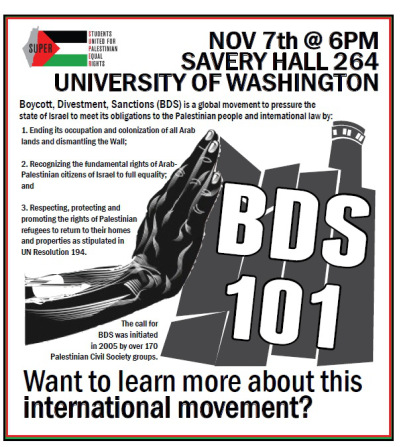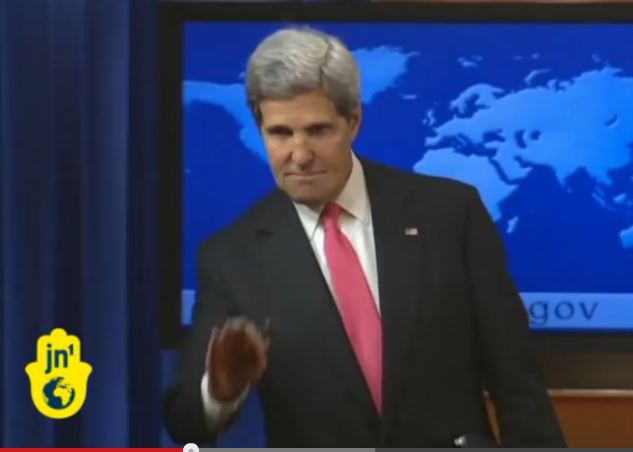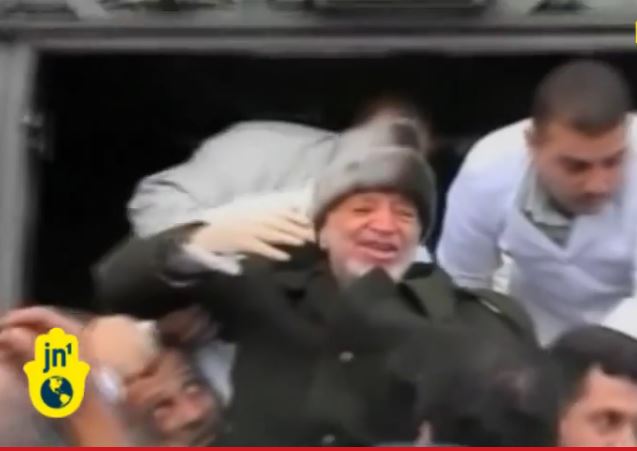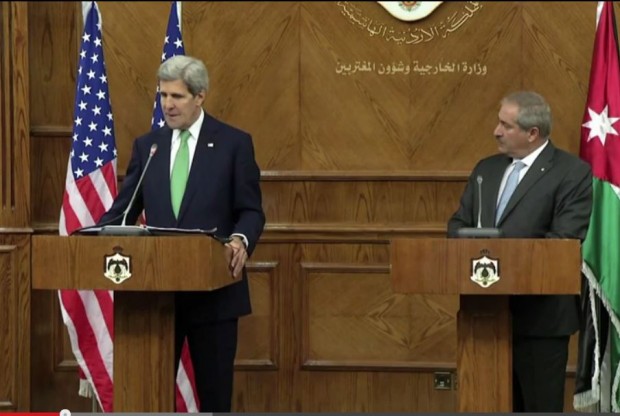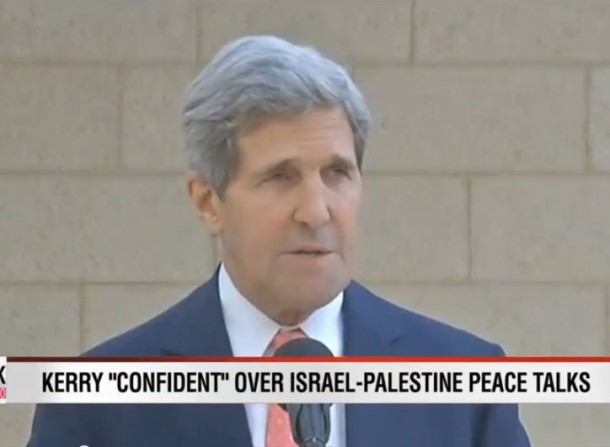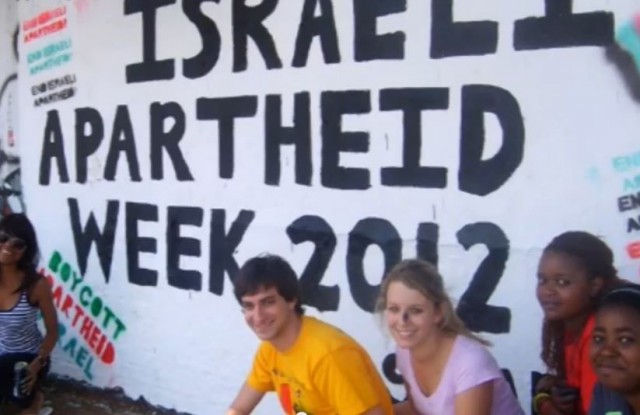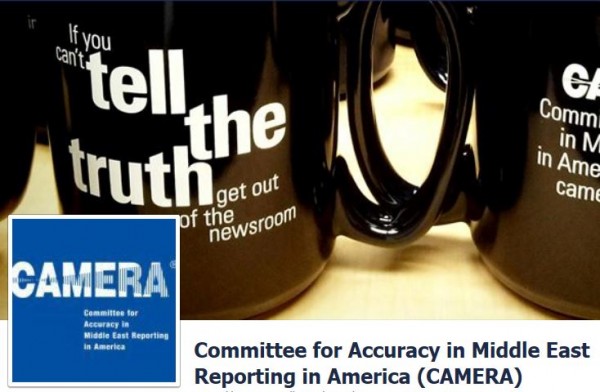Our examination of the
shout-down of Ray Kelly at Brown University has moved from the events that day to examining reaction of faculty, including from Political Science Professor
Marion Orr who apologized for inviting Kelly, and Biology Professor
Ken Miller who issued a forceful denunciation of the shout-down.
Something interesting happened along the way, as more faculty went on record supporting the protests, if not the shout down.
Post doctoral fellow and instructor Linda Quiquivix, who spoke on a panel discussion in favor of the protests, turned out to be a
zealous critic of Israel, to put it very mildly. In light of Quiquivix's background, I suggested that there may be a connection between supporters of the tactics used against Israel on campuses and those used against Kelly.
It turns out that another faculty member who supported the shout-down also has a background in the Israel divestment movement. More than that, she sits on the University advisory committee on social investing, which has taken up the Israel boycott issue at the behest of Brown's Students for Justice in Palestine.
Naoko Shibusawa is a professor of history, specializing in "U.S. cultural history."
[caption id="attachment_69998" align="alignnone" width="436"]

(Naoko Shibusawa)[/caption]
In the wake of the Kelly shout-down, Shibusawa wrote a Letter to the Editor of The Brown Daily Herald on
November 1, fully supporting the events that took place (emphasis added):


